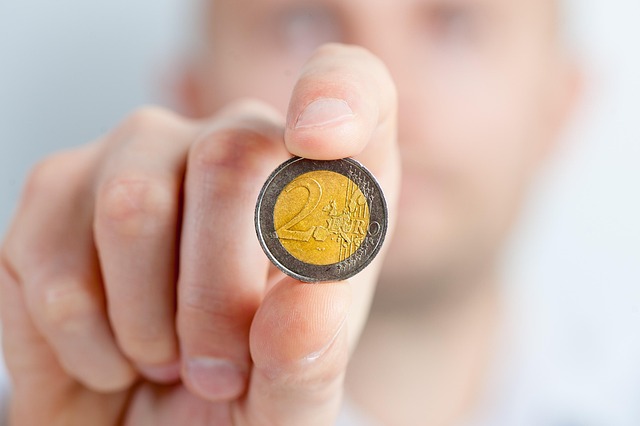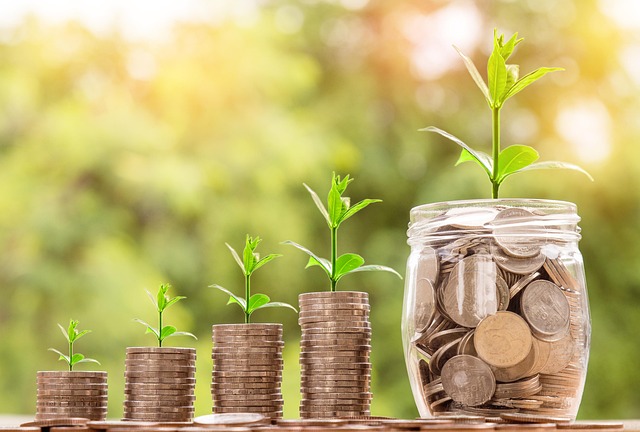

Building Financial Resilience on a Modest Income
Because let's face it - most personal finance advice is written by people who've never had to choose between fixing their car or paying the electric bill
The Art of Stretching Dollars Until They Scream
You know that moment when you're trying to spread the last bit of peanut butter across an entire slice of bread? That's basically what we're doing here - but with your paycheck. The secret isn't making more money (though that helps), it's making your money behave better.
I learned this the hard way when I was working three part-time jobs making about $28,000/year. Every month felt like playing financial whack-a-mole - just when I thought I had everything under control, another expense would pop up. Sound familiar?
Here's the uncomfortable truth: Financial resilience isn't about big windfalls. It's about creating systems that work when you're tired, stressed, and really want that $5 latte.
The 3 Pillars of Small-Income Resilience
1. The Buffer Zone: Even $500 in savings changes everything. It turns emergencies into inconveniences. How to get there? Automatically skim 2% from every deposit. On $30k/year, that's just $50/month - about what most people spend on forgotten streaming subscriptions.
2. The Spending Alchemy: Track where your money actually goes for one month (yes, even the $1.29 app purchases). You'll find at least 15% of your spending is on autopilot for things you don't even enjoy that much.
3. The Income Multiplier: No, not a side hustle (though those help). I'm talking about making every dollar work 10% harder through things like cashback apps (I've earned $327 this year just buying what I already needed) and timing bill payments to avoid late fees.
"Financial peace isn't about the amount on your paycheck, but the systems around it." - My grandma, who raised four kids on a teacher's salary and still retired comfortably
Real People Who Made It Work
Case Study 1: The $18 Turnaround
Meet Sarah (not her real name - she's shy about money talk). She was making $32,000 as a medical receptionist when we met. Her breakthrough? Negotiating her $89/month phone bill down to $71. Doesn't sound like much? That $18 difference let her:
- Start a $15/month micro-investing habit
- Build a $1,000 emergency fund in 11 months
- Qualify for better insurance rates by showing consistent savings
The kicker? She used those insurance savings to fund a certification course. Two years later, she's making $47,000. All from questioning one bill.
Case Study 2: The Grocery Gambit
James (a single dad) was spending $600/month on groceries for him and his 8-year-old. By:
- Switching to generic brands (saved 22%)
- Planning meals around sales (another 15%)
- Using cashback at Walmart (5% back)
He cut his bill to $400/month. That $200 difference became his "car repair fund" that saved him from predatory payday loans when his transmission failed. Pro tip: His "10-minute meal planning" method? Just taking photos of his pantry before shopping.
Case Study 3: The Latte Effect (Reversed)
Maria didn't want to give up her daily $4 coffee habit (and shouldn't have to). Instead, she:
- Bought a $25 French press
- Got premium beans at $12/lb (makes 20 cups)
- Put the $3.50 daily difference into a "travel fund"
Result? Same caffeine fix, plus a $1,200 vacation budget after one year. Sometimes resilience looks like working smarter, not depriving yourself.
My Own Money Meltdown (And Recovery)
Let me get real with you for a minute. Three years ago, I had $47 in my checking account and a maxed-out $500 credit card. Why? Because I fell for the "you deserve nice things" marketing. That $80/month gym membership I never used? The "small" $12 lunch purchases that added up to $240/month? Yeah.
The turning point came when I had to borrow money from my little sister to fix a flat tire. Nothing humbles you like being bailed out by your baby sibling using her birthday money.
Here's what changed: I started treating my finances like a RPG game. Every dollar saved was "XP" earned. Negotiating a bill? Boss battle defeated. After six months, I'd "leveled up" to having $1,200 saved - enough to cover my share of rent if I got sick.
Was it fun? Not always. But neither is constantly worrying about money. At least this way I got to feel like I was winning sometimes.
Your Turn: Let's Problem-Solve Together
Okay, time to get interactive. Pick one of these common scenarios and I'll walk you through how I'd handle it:
Option 1: "I make $2,400/month after taxes. Rent is $900, car payment $250, student loans $200. I always run out of money by week 3."
My move: First, let's find the leaks. Those first two weeks after payday? That's when most people overspend on eating out because they "have money." Try this: Divide your monthly food budget by 4. Load that amount onto a prepaid card every Sunday. When it's gone, you're eating from the pantry until next week.
Option 2: "I have $0 savings but keep getting hit with $200-300 unexpected expenses."
My move: Start a "mini-emergency fund" with spare change. Apps like Acorns round up purchases (that $3.50 coffee becomes $4 with $0.50 saved). In three months, most people have $100-200 without feeling it. Not enough for big emergencies, but it covers many small ones while you build bigger savings.
The Psychological Game No One Talks About
Here's the dirty little secret of modest incomes: The math is simple (spend less than you make), but the psychology is brutal. When you're stressed about money, your brain literally makes worse financial decisions. It's like trying to do algebra while someone screams in your ear.
That's why my most counterintuitive tip is this: Budget $20/month for stupid fun. Not $200. Just enough for a movie ticket or cheap nail polish. Why? Because deprivation leads to bingeing. Most people blow $300 in one "I deserve this" splurge after months of austerity. Small, planned treats prevent big, budget-wrecking ones.
"Financial resilience is 20% math and 80% not sabotaging yourself when you're tired/hungry/stressed." - Me, after ordering $40 worth of Thai food because I had 'a long day'
The Long Game (That Actually Works)
Let's end with some hope. Small, consistent actions on a modest income:
- $25/week invested from age 25 = about $150,000 by retirement (assuming 7% return)
- Adding just 1% more to your 401(k) each year can double your retirement balance over 20 years
- Learning one negotiable skill (like basic Excel) can mean $5,000+ in raises over a few years
The bottom line? Building resilience isn't about dramatic sacrifices. It's about hundreds of small, smart choices that add up to breathing room. And that's something everyone deserves - no matter what your paycheck says.
Now tell me - what's one small money win you've had recently? Even if it's just resisting the vending machine today, I want to hear it!


